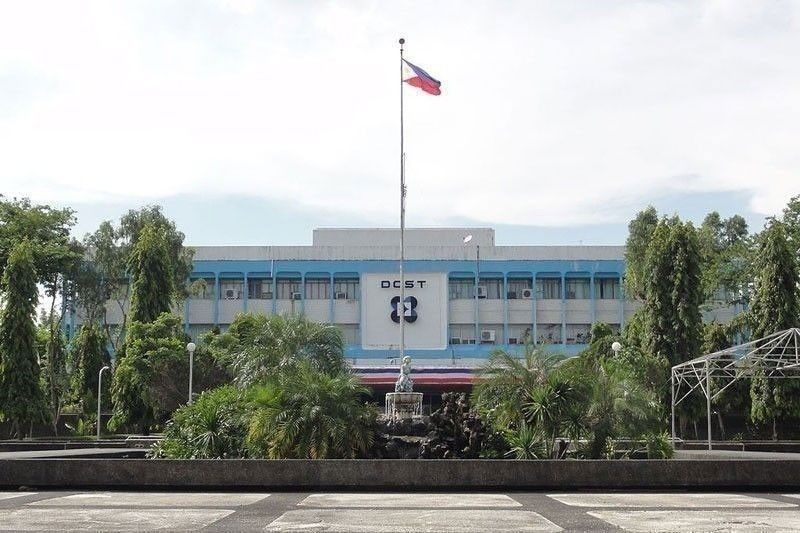Genes or nutrition? DOST studies factors behind height, build

MANILA, Philippines — Department of Science and Technology-Food and Nutrition Research Institute (DOST-FNRI) researchers and scientists are embarking on a landmark study seeking to determine if a person’s height and build are dictated by genes or are a result of proper nutrition – or the lack of it.
Gerard Bryan Gonzales, an expatriate Filipino academician serving as a senior scientist at the Wageningen University & Research in the Netherlands and also at the Universiteit Gent in Ghent, Belgium, said the study led by Jacus Nacis, a doctoral candidate in Wageningen, was trailblazing and ambitious as it integrated genomics and nutrition research.
“We are looking if stunting in the Philippines is caused by genes. Do we have a genetic propensity to metabolize food differently?” Gonzales said yesterday in his 50th DOST-FNRI Seminar Series lecture “Food and Nutrition Research in the Global Arena: Opportunities for the Philippines” at the Sheraton Manila Hotel in Pasay City.
Gonzales, who is mentoring Nacis and two others pursuing separate food and nutrition research under the DOST Balik Scientist Program, said the research was made possible by the R&D expertise cooperation with European universities.
“We’re able to do this research because we have international linkages. So it’s very important that we build international cooperation. That’s the key for us to be able to enrich our scientific knowledge here in the Philippines,” he said.
Gonzales noted that the World Health Organization (WHO), in its 2025 Action for Nutrition Program, had called on countries to undertake more efficient nutrition interventions, especially in view of the emerging double burden of malnutrition where people, especially children, are facing the double challenge of undernutrition, which causes stunting, and overnutrition, which has caused a significant population of young people to suffer obesity.
“We need to be more efficient in terms of our nutritional interventions. WHO called for what they called as ‘double duty actions for nutrition,’” Gonzales said.
“These are actions that solve all forms of malnutrition with one intervention,” he added.
Double duty actions, the WHO said, include interventions, programs and policies that have the potential to simultaneously reduce the risk or burden of both undernutrition and obesity or diet related NCDs (noncommunicable diseases).
“That is the big challenge that WHO gave us,” Gonzales said.
Rosemarie Dumag, DOST-FNRI chief science research specialist at the Nutrition and Food Research and Development Division, said the research being pursued by Nacis was the nutrigenomics study under their Eastern Visayas Birth Cohort, where they aimed to track the development of children from the womb to up to 1,000 days of growth.
“That will run for up to five years,” Dumag told The STAR.
“It will look into the correlation on the genes, if it affects their nutritional status,” Dumag added.
“It will start from conception, it will start from the mother until the child grows up (up to five years),” she elaborated. “We will study the genetic composition of the subjects and then check their nutritional status.”
She said this was not just height and weight, “but we go down to the genes itself of the children, the DNA and the RNA, this is hardcore science.”
- Latest
- Trending






























